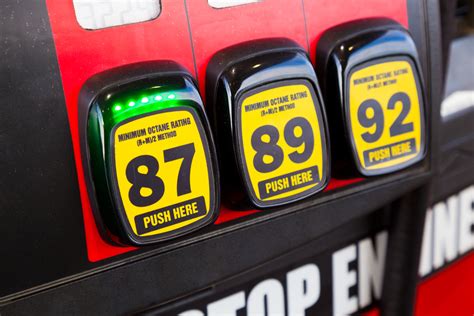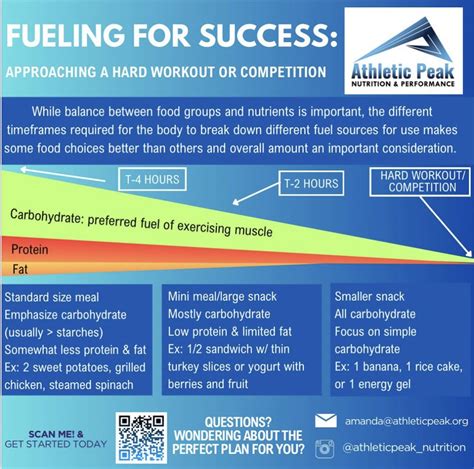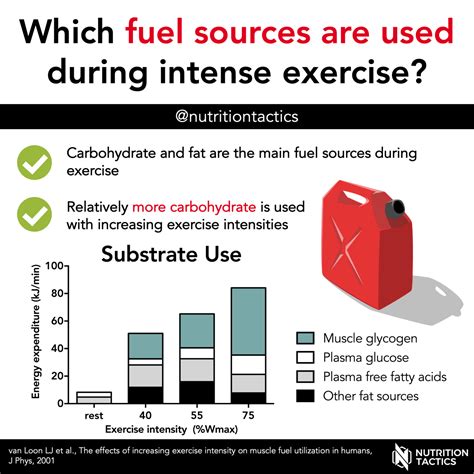It’s a common misconception that feeding your car premium octane fuel will automatically boost its performance or make it run better, regardless of what the manufacturer recommends. For many drivers, this could be a costly mistake that offers no tangible benefits. So, does your car truly need premium fuel to perform its best?
Understanding Octane Ratings
Octane is a measure of fuel’s resistance to ‘knocking’ or ‘pinging’ during combustion. Engine knocking occurs when the air-fuel mixture ignites prematurely, out of sync with the spark plug, creating a rattling sound and potentially damaging the engine over time. A higher octane rating means greater resistance to this pre-ignition. It’s important to understand that octane does not indicate the energy content of the fuel; higher octane fuel doesn’t contain more power or make your car faster on its own.
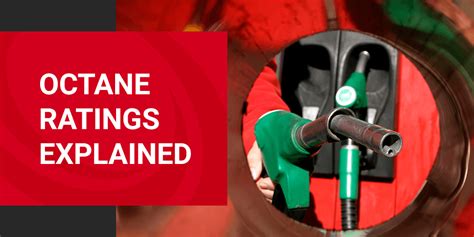
Regular vs. Premium: What’s the Difference?
Gasoline comes in various octane ratings, typically regular (87), mid-grade (89), and premium (91-93 or higher). The primary difference among these grades is their ability to resist knocking. There’s no inherent difference in cleanliness, additives (beyond what’s standard for all grades), or overall quality that makes one superior to the other for *all* engines. The ‘best’ fuel for your car is the one it was designed to use.
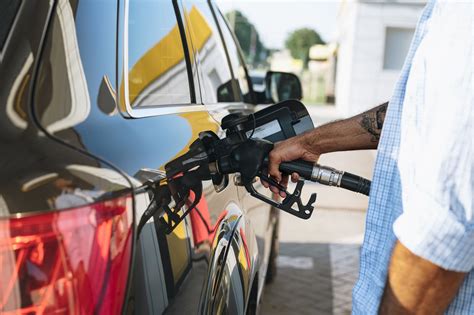
Does My Car Really Need Premium?
The need for premium fuel largely depends on your car’s engine design. High-performance engines, particularly those with high compression ratios, turbochargers, or superchargers, generate more heat and pressure during combustion. These conditions increase the risk of pre-ignition, and thus, these engines are specifically engineered to require higher octane fuel to prevent knocking and operate efficiently. Modern engines with advanced knock sensors can often adjust timing to compensate if lower octane fuel is used, but this usually comes at the cost of slightly reduced power and efficiency.
If your car’s manufacturer specifies premium fuel as “required,” then using regular gas can lead to engine knocking, reduced performance, and potentially long-term engine damage. If premium is “recommended,” it means the car will perform optimally with it, but can safely run on regular without harm, albeit with a slight dip in performance under certain conditions. For cars that are designed for regular 87 octane fuel, using premium 91 or 93 octane offers absolutely no performance advantage, no better fuel economy, and no additional cleaning benefits. You’re simply wasting money.
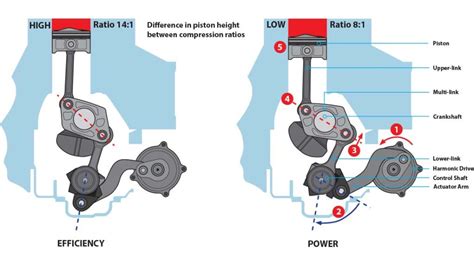
The Owner’s Manual: Your Best Guide
The definitive answer to your fuel question lies in your car’s owner’s manual. Manufacturers explicitly state the required or recommended fuel type for optimal engine operation. You can also often find this information printed inside your car’s fuel filler door. Trust this information above all else.
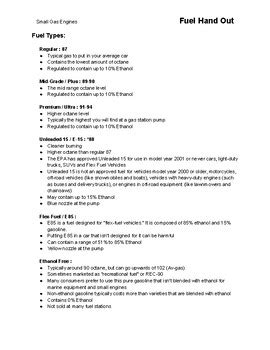
Performance, Fuel Economy, and Your Wallet
For vehicles not designed for premium fuel, pouring it into the tank will not magically unlock hidden horsepower, improve acceleration, or increase your miles per gallon. The engine management system will simply operate as designed for its specified octane, rendering the extra octane (and its higher cost) redundant. In fact, some studies have shown that using higher octane fuel than required can even slightly decrease fuel economy due to the fuel’s slower burn rate, though the effect is usually negligible.
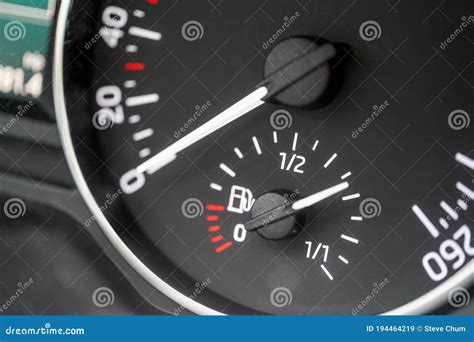
Conclusion
In summary, your car needs premium octane fuel to perform best only if its manufacturer has specifically designed it for and requires or recommends it. For the vast majority of vehicles, regular 87 octane gasoline is perfectly adequate and will allow the engine to perform exactly as intended. Stick to what your owner’s manual specifies, save your money, and enjoy optimal performance without the premium price tag.
